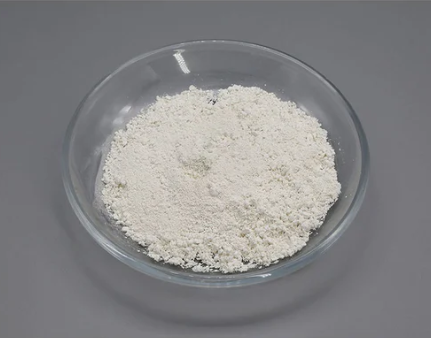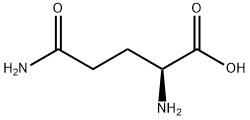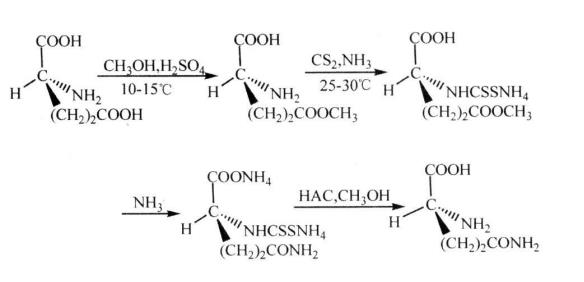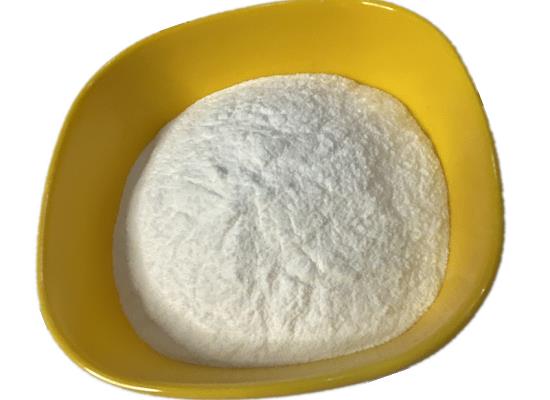L-Glutamine: Versatile Amino Acid with Roles in Intestinal Microbiome Modulation and Anti-Inflammatory
Description
L-Glutamine is a non-essential amino acid present abundantly throughout the body and is involved in many metabolic processes. It is synthesized from glutamic acid and ammonia. It is the principal carrier of nitrogen in the body and is an important energy source for many cells.

Role in Modulating Intestinal Microbiome
Among the various tissues using glutamine at high rates, the intestine utilizes about 30% of total glutamine, indicating that it is a key nutrient for the intestine. Studies in healthy adults have demonstrated that three quarters of enterally provided glutamine is absorbed into the splanchnic tissues, and most of the absorbed glutamine is metabolized within the intestine. One-fourth of the plasma glutamine is taken up by the small intestine when it passes the organ. It has been reported that the intestine competes with other tissues for glutamine from the body amino acid pool and dietary sources. Glutamine metabolism in the intestine has been intensively studied. Its functions include maintaining nucleotide metabolism and intestinal barrier function, modulation of inflammation, and regulating stress responses and apoptosis.1
Anti-inflammatory Potential
L-Glutamine(L-Gln) has been extensively used for many years to treat different diseases. In dextran sodium sulphate (DSS)-induced colitis in mice, L-Gln can effectively treat gastrointestinal inflammatory diseases by inducing MAPK phosphatase (MKP)-1 to inactivate cytoplasmic phospholipase A2 (cPLA2). Supplementation with L-Gln in total parenteral nutrition after major abdominal surgery for pancreatitis can effectively prevent postoperative infections and complications, shorten hospital stay, and reduce the risk of death. In addition, L-Gln can inhibit activation of the NF-κB pathway that is involved in inflammatory and apoptotic processes, and L-Gln exhaustion can lead to increased levels of pro-inflammatory mediators such as IL-1β, thus, attracting considerable clinical and research interest. However, the effect L-Gln on OA and its specific molecular mechanism are still unclear.
1.Kim MH, Kim H. The Roles of Glutamine in the Intestine and Its Implication in Intestinal Diseases. Int J Mol Sci. 2017 May 12;18(5):1051. doi: 10.3390/ijms18051051.
References:
[1] MIN-HYUN KIM H K. The Roles of Glutamine in the Intestine and Its Implication in Intestinal Diseases.[J]. International Journal of Molecular Sciences, 2017, 18 5. DOI:10.3390/ijms18051051.You may like
Related articles And Qustion
Lastest Price from L-Glutamine manufacturers

US $5.00-0.50/KG2025-05-06
- CAS:
- 56-85-9
- Min. Order:
- 1KG
- Purity:
- 99% hplc
- Supply Ability:
- 500TONS

US $0.00-0.00/Kg/Drum2025-04-21
- CAS:
- 56-85-9
- Min. Order:
- 1KG
- Purity:
- 98.5%-101.5%; FCC
- Supply Ability:
- 10 TONS




